Education
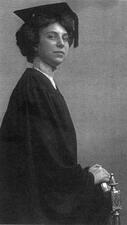
Jeanette Goodman Brill
Varvara Alexandrovna Brilliant-Lerman
Varvara Brilliant-Lerman was a well-known plant physiologist in Russia, whose main works were devoted to the physiology of photosynthesis. She took advantage of the increased ability of women to have careers in science due to the Bolshevik revolution in 1917, teaching at several institutions in Russia. Brilliant continued teaching and researching until her death in 1954.
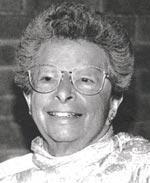
Ruth F. Brin
Britain: Nineteenth and Twentieth Centuries
Since being allowed to resettle in 1656, Jews in Great Britain have established deep community ties throughout their diverse community. Class differences between early Sephardic settlers and the later wave of Ashkenazi immigrants gave rise to numerous Jewish charitable organizations, in which women played a key role.
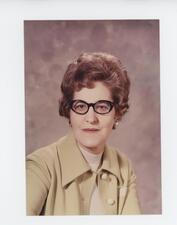
May Brodbeck
May Brodbeck, whose career in the sciences ran the gamut from teaching high school chemistry to exploring fundamental philosophical questions about the nature of human consciousness, was among the foremost American-born philosophers of science.
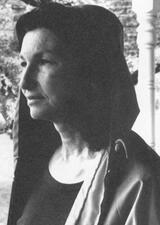
Esther M. Broner
A novelist, playwright, and ritualist, Esther M. Broner emerged on the literary scene in the early 1970s as a leading feminist writer. Her novels feature bitter, fearless, and funny characters. In other works, Broner has combined autobiography with feminist critique of Jewish tradition and created new rituals, such as her 1976 “Women’s Haggadah.”
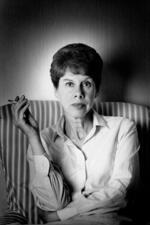
Anita Brookner
Anita Brookner was a British Jewish novelist and accomplished art historian known for her elegaic, gloomy novels depicting the bleak and disappointed lives of women. Receiving the Booker Prize in 1984 for Hotel du Lac, Brookner achieved international fame and recognition as one of the most accomplished writers of English fiction in the later twentieth century.
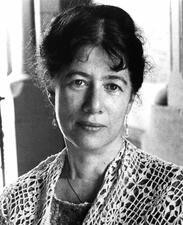
Rosellen Brown
In her fiction, Rosellen Brown confronted themes of alienation, responsibility for others, and racial tension in America. Brown is known for the passion and insight she brings to the page as a poet, essayist, and fiction writer.
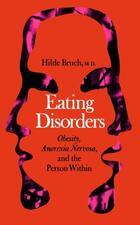
Hilde Bruch
Hilde Bruch’s seminal work on eating disorders contributed significantly to understanding and treatment of the diseases in the 1970s.
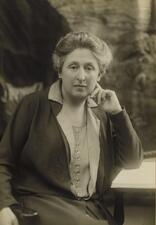
Cécile Brunschvicg
Cécile Brunschvicg was one of the grandes dames of French feminism during the first half of the twentieth century. Although her chief demand was women’s suffrage, she also focused on a range of practical reforms, including greater parity in women’s salaries, expanded educational opportunities for women, and the drive to reform the French civil code, which treated married women as if they were minors.
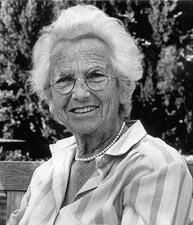
Edith Bülbring
German-born scientist Edith Bülbring was renowned for her work in smooth muscle physiology, which paved the way for contemporary cellular investigations. She pursued this work through a large and flourishing large research group at Oxford University, which she led for seventeen years. In 1958 she was elected to the Royal Society.
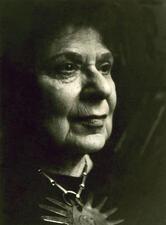
Ruth Leah Bunzel
Ruth Leah Bunzel began her career as anthropologist Franz Boas’s secretary, soon becoming an accomplished anthropologist herself. She broke new ground in her research the relationship of artists to their work and on alcoholism in two villages in Guatemala and Mexico.
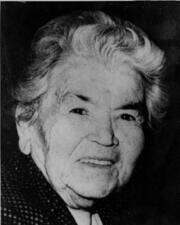
Hayuta Busel
As a widowed immigrant and young mother, Hayuta Busel fought to expand options for women in Palestine throughout her work on kibbutzim and in the women’s labor movement. Busel believed profoundly in the liberation of Jews, especially women, in the Hebrew language, and in the creation of a new model of family which would facilitate women’s liberation.
Ghitta Caiserman-Roth
Ghitta Caiserman-Roth was a well-known Canadian artist who showed her work in galleries in Canada and New York. Caiserman-Roth studied at Parsons School of Design, the École des Beaux-Arts, and at the American Artists’ School and won several awards for her artistic achievements. In her later years, she served on the Royal Canadian Academy of Arts council.

CAJE
CAJE—the Coalition for the Advancement of Jewish Education—brought together a diverse spectrum of the Jewish community. After CAJE folded in 2009, it was replaced by NewCAJE, which shares ideas and innovations, offers professional development across denominational and workplace lines, and builds a strong Jewish community.
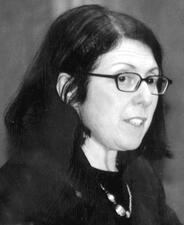
Canada: From Outlaw to Supreme Court Justice, 1738-2005
The positive aspect of the Canadian mosaic has been a strong Jewish community (and other communities) which nurtured traditional ethnic and religious values and benefited from the talent and energy of women and men restrained from participation in the broader society. The negative aspect has included considerable antisemitism and, especially for women, the sometimes stifling narrowness and conservatism of the community which inhibited creative and exceptional people from charting their own individual paths.
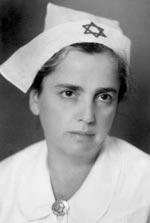
Shulamith Cantor
As director of the Hadassah School of Nursing in Jerusalem, Shulamith Cantor helped set the standard for nursing in Palestine.
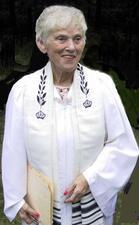
Cantors: American Jewish Women
Women’s vocal leadership in synagogue music began with zogerin (women prayer leaders) in the women’s gallery. In the nineteenth century, women began participating in mixed choral and community singing, and some opera singers acted as cantors in important Reform congregations. In the 1970s and 1980s, the Reform and Conservative movements began formally investing women as cantors, and today a plurality of cantors in liberal movements are women.
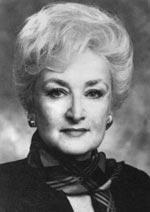
Shoshana S. Cardin
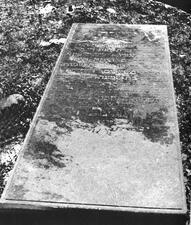
Caribbean Islands and the Guianas
Women were among the earliest settles in the Dutch and English Caribbean. Early Caribbean Jewish women, despite living in patriarchal societies, still managed to engage in public pursuits. As Caribbean Jewish communities became increasingly racially blended over time, women of color became some of the most definitive architects of distinctly Creole Caribbean Jewry.
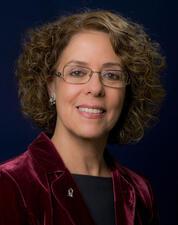
Rivka Carmi
Rivka Carmi is a medical geneticist, neonatologist, pediatrician, the first woman to be appointed president of an Israeli university (Ben-Gurion University of the Negev), and a feminist trailblazer who broke the glass ceiling for women in academia.
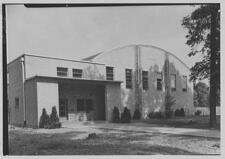
Cedar Knolls School for Girls
Zaharirah Charifai
Zaharirah Charifai was an influential Israeli actress who became nationally known in the role of Grusha in Brecht’s The Caucasian Chalk Circle, and from then on performed in dozens of plays at the Cameri and the Haifa Municipal Theater. In addition to stage acting, Charifai appeared in three successful solo performances, on the radio, and in several films.
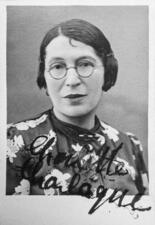
Charlotte Charlaque
Charlotte Charlaque was a transgender trailblazer, actress, and translator in Weimer Berlin and post-Shoah New York City.



